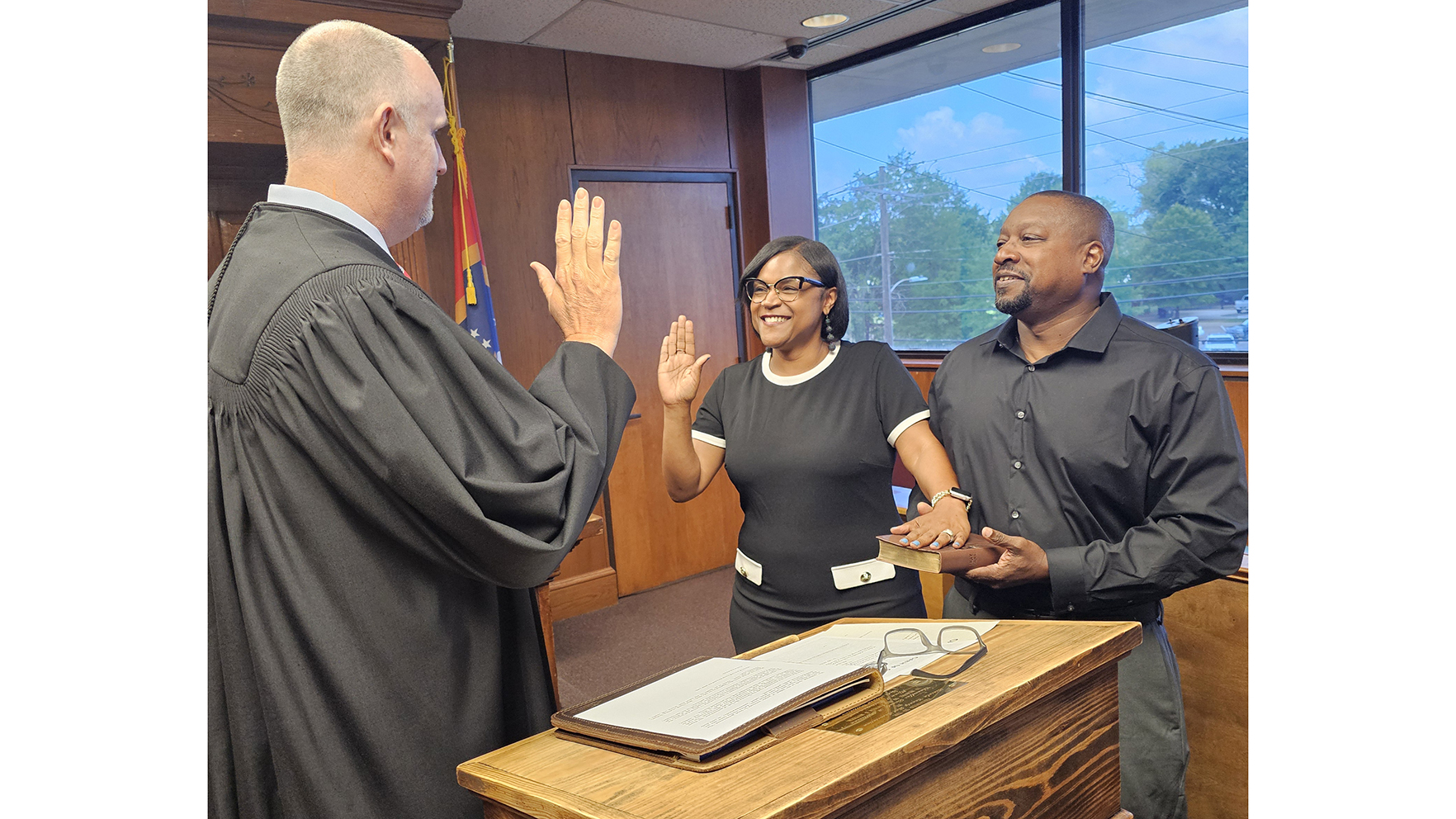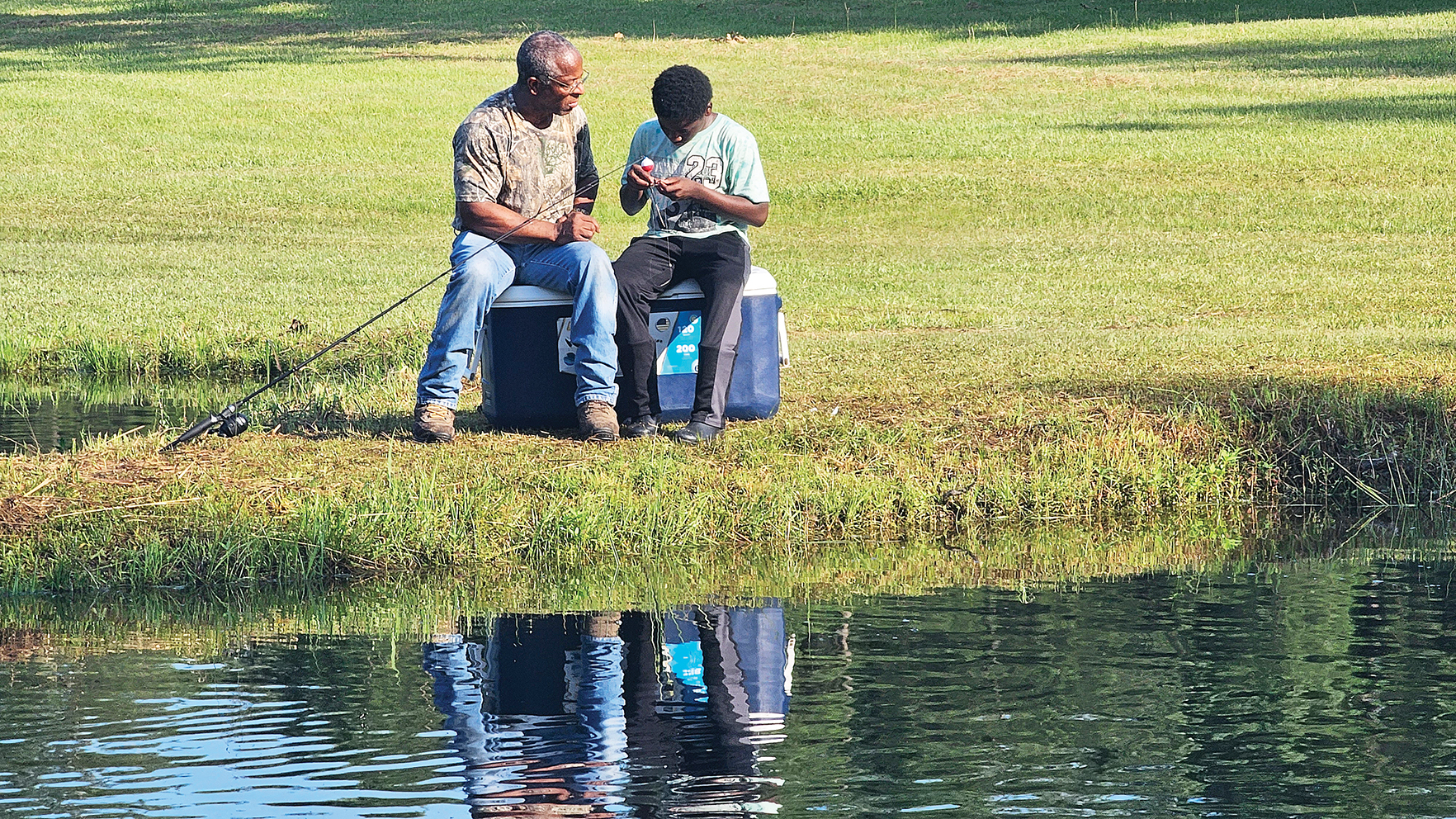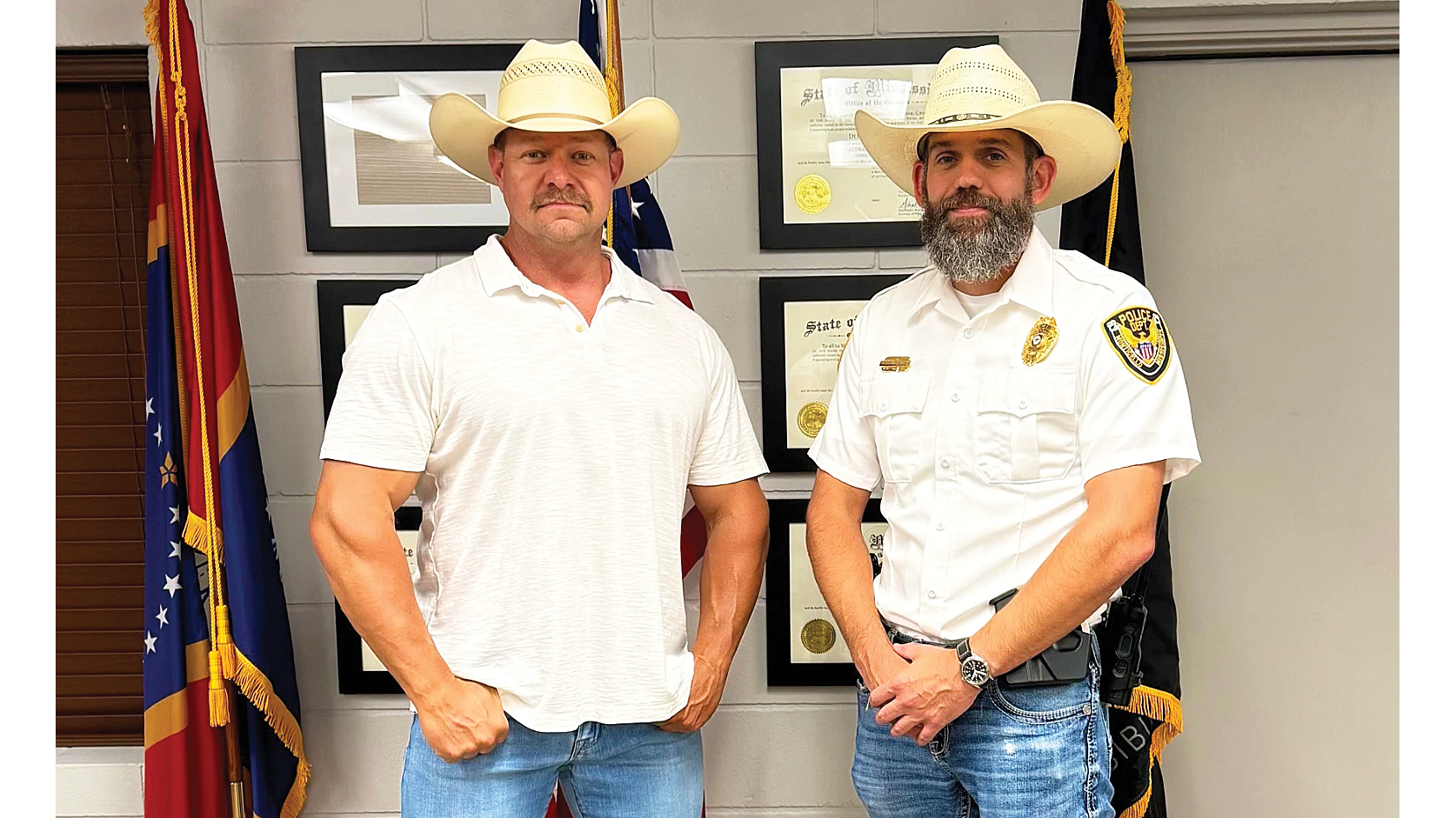Disaster Documents
Published 6:00 pm Wednesday, June 22, 2011
When Hurricane Katrina struck the Gulf Coast in 2005, manypeople lost vital documents such as birth certificates, marriagelicenses and financial records.
Shretta L. Varnado spoke to the Jimmy Furlow Senior CitizenCenter Tuesday and advised how to prevent the loss of these andother important items. Varnado serves as the Family ResourceManagement Area Agent for the Mississippi State UniversityExtension service.
“Katrina taught us a lot,” Varnado said, describing the kind andamount of documents destroyed during that hurricane.
Legal and financial documents can be replaced, Varnado said, butdoing so can be a lengthy process. By preparing ahead, that processcan be avoided.
Varnado said that one should prepare an “evacuation to-go box.”Such a box must be fireproof and waterproof, and it should also beportable.
“The purpose of the box is to preserve the important things youwill need,” Varnado said.
Varnado provided a list of items to preserve in case of anemergency. The list went beyond important documents and includedkeys, important photographs and phone numbers.
“We all rely on these cell phones now,” Varnado said. “But inemergencies, the cell phones may not work. And if the cell phonegoes out, you will not be able to access the numbers in the cellphone.”
Cash is another important item to keep on hand. In someemergencies, debit and credit cards may not be usable andwithdrawing money from a bank may not be possible.
Varnado emphasized the necessity of speed, particularly beforean emergency. Therefore, items to be preserved should be kept inthe evacuation box.
“The box should be ready, so that you can just grab it and leaveif you have to,” Varnado said.
The original copies of documents, such and birth and marriagerecords, should be protected even further. Varnado recommended theybe placed within a bank safe deposit box.
According to Varnado, if one is not familiar with the use ofcomputers and the Internet, that person should become familiar withthem through Internet literacy courses such as those offered at theFurlow center. After a disaster, accessing the Internet may be anecessity to replace certain documents to obtain otherservices.
The biggest barrier to compiling an evacuation box may beobtaining everything needed.
“I don’t have one of these boxes,” said Helen Griffin, whoattended Varnado’s information session. “I may have to go home andput one together if I can find everything I need. It’s scatteredeverywhere.”
Varnado indicated the sooner the better for getting a disasterbox together.
“Deal with it now to make easier for you later,” Varnado said,”Get it done to help your family members.”





